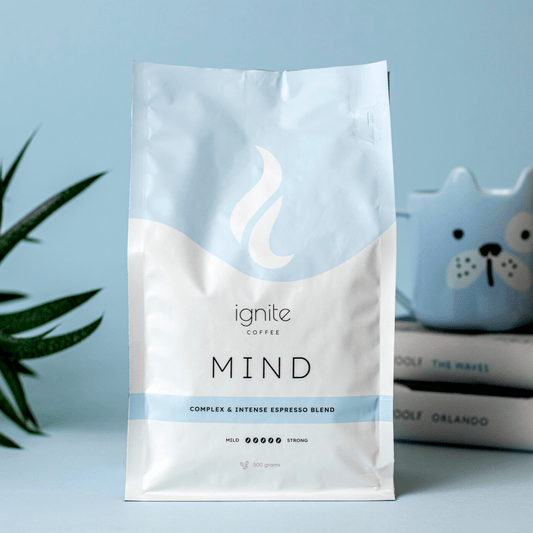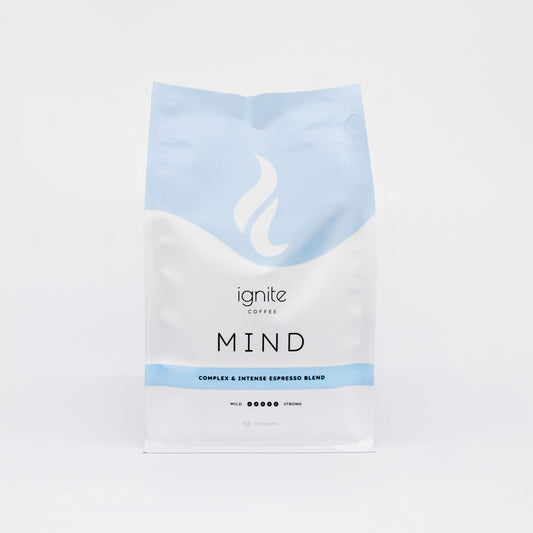We have all heard the advice to avoid caffeine before bedtime for a good night's sleep. However, some individuals can indulge in late-night coffee without sleep disturbances. Let's delve into the science behind the caffeine-sleep connection and how it affects different people.
The Caffeine-Sleep Dilemma
Caffeine, a natural stimulant found in coffee, has a complex relationship with sleep, primarily due to its interaction with adenosine receptors in the brain.
- Adenosine and Alertness
Adenosine, a neurotransmitter, accumulates in the brain throughout the day, causing drowsiness and fatigue. Caffeine blocks adenosine receptors, counteracting these feelings and making us feel more awake. When caffeine wears off, the buildup of adenosine can lead to increased sleepiness.
- Variability Among Individuals
The ability to enjoy late-night coffee without sleep disruption stems from individual variability. Factors like metabolism, sensitivity to caffeine, and tolerance levels differ among people. Genetic factors also play a role in determining how caffeine affects sleep.
The Mystery of Late-Night Coffee and Sleep
Why can some individuals consume coffee late at night and still sleep soundly? Several factors could explain this phenomenon:
-
Tolerance: Regular caffeine consumers often build a tolerance to its effects, requiring more caffeine to achieve the same level of alertness. Hence, a small late-night coffee may not impact their sleep significantly.
-
Timing: The timing of caffeine consumption is crucial. Drinking coffee several hours before bedtime allows the body to process it effectively, minimizing sleep disruptions.
-
Genetics: Some individuals have genetic factors that make them less sensitive to caffeine's sleep-disrupting effects, allowing them to enjoy late-night coffee without insomnia.
Tips for Restful Sleep with Coffee Consumption
If you want to enjoy your coffee without compromising sleep, consider these strategies:
-
Time it Right: Consume caffeine at least 6-8 hours before bedtime to allow your body to process it effectively.
-
Know Your Tolerance: Understand your caffeine sensitivity and adjust your consumption accordingly.
-
Choose Decaf Options: Opt for decaffeinated coffee (Essence Decaf), herbal teas, or Half Caffein (Mindful Essence - Half Caff) or non-caffeinated beverages in the late afternoon and evening.
-
Establish a Relaxing Routine: Engage in calming activities before sleep to prepare your body for rest.
Conclusion
The relationship between coffee and sleep varies from person to person.
While caffeine can impact sleep, understanding your individual sensitivity and experimenting with timing can help you enjoy your coffee without compromising your sleep quality. This knowledge empowers you to savor your coffee while ensuring a peaceful night's sleep









